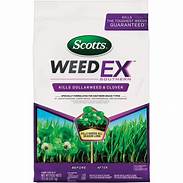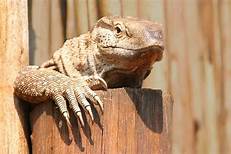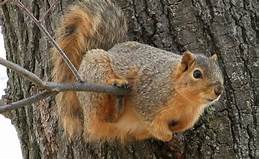Is Scotts Weedex Safe for Pets?
Scotts Weedex is a broadleaf herbicide commonly used to control weeds in lawns and gardens. It contains the active ingredient 2,4-D, which is a systemic herbicide that can be absorbed by plants through their roots and leaves. While Scotts Weedex is generally considered safe for use around pets, certain precautions should be taken to ensure their safety.

Precautions for Using Scotts Weedex Around Pets
1. Keep Pets Away During Application: Keep pets away from the area being treated with Scotts Weedex until the product has dried completely. This typically takes several hours, so it is best to keep pets indoors or in a safe area during and after application.
2. Do Not Allow Pets to Drink from Treated Areas: Treated areas should be kept off-limits to pets until they have been thoroughly watered. Watering helps dilute the herbicide and reduce the risk of ingestion. Do not allow pets to drink from puddles or standing water in treated areas.
3. Wash Pet's Paws and Fur: If your pet accidentally comes into contact with Scotts Weedex, wash their paws and fur thoroughly with soap and water. This will help remove any residual herbicide and reduce the risk of potential health effects.
Symptoms of Scotts Weedex Poisoning in Pets
While Scotts Weedex is generally safe for pets when used according to the label instructions, there is a potential for poisoning if a pet is exposed to large amounts of the product. Signs of Scotts Weedex poisoning in pets may include:
1. Gastrointestinal Symptoms: Vomiting, diarrhea, abdominal pain, and loss of appetite are common signs of herbicide poisoning in pets. These symptoms can occur if a pet ingests a significant amount of Scotts Weedex or if they lick their fur or paws after coming into contact with the product.
2. Skin and Eye Irritation: Exposure to Scotts Weedex can cause skin and eye irritation in pets. Signs of skin irritation may include redness, swelling, and itching. Eye irritation may manifest as redness, tearing, and squinting.
3. Neurological Symptoms: In severe cases, Scotts Weedex poisoning can cause neurological symptoms in pets. These symptoms may include tremors, seizures, and difficulty walking or standing. In rare cases, herbicide poisoning can be fatal.
Treatment for Scotts Weedex Poisoning in Pets
If you suspect that your pet has been poisoned by Scotts Weedex, contact your veterinarian immediately. The veterinarian will assess the severity of the poisoning and provide appropriate treatment. Treatment may include inducing vomiting, administering activated charcoal to absorb the herbicide, and providing supportive care such as fluids and electrolyte therapy.
Conclusion
Scotts Weedex is generally safe for use around pets when used according to the label instructions. However, certain precautions should be taken to ensure the safety of your pets, including keeping them away from treated areas, preventing them from drinking from treated water, and washing their paws and fur if they come into contact with the herbicide. If you suspect that your pet has been poisoned by Scotts Weedex, contact your veterinarian immediately.
Declaration: All article resources on this website, unless otherwise specified or labeled, are collected from online resources. If the content on this website infringes on the legitimate rights and interests of the original author, you can contact this website to delete it.





